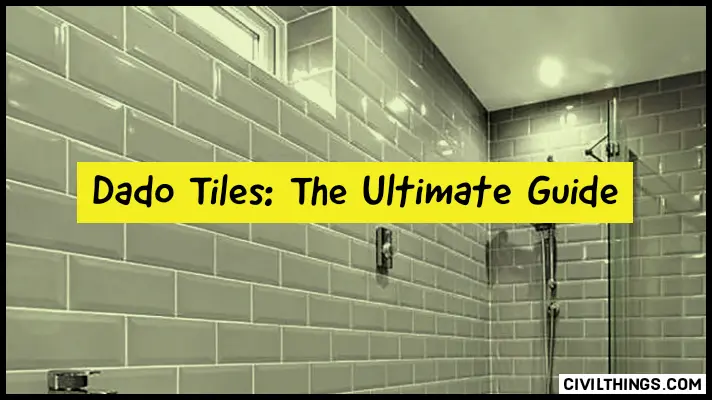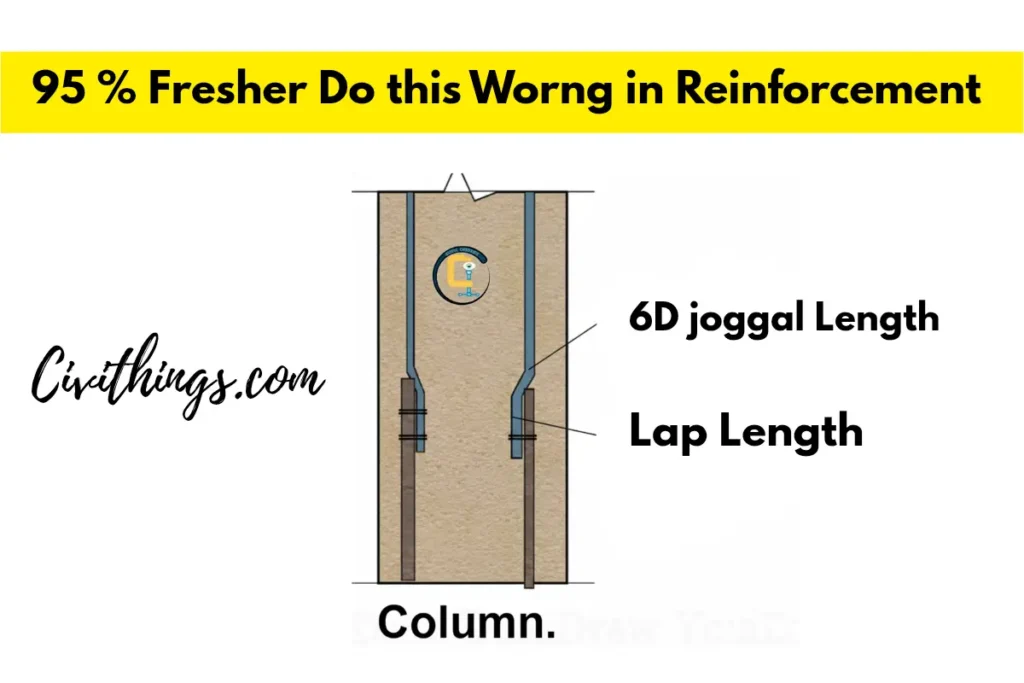Table of Contents
Introduction to Dado Tiles
Dado tiles are an essential aspect of interior design, used primarily to protect walls and enhance aesthetic appeal. If you’ve ever wondered, “What is Dado Tiles?”, you’re in the right place. Dado tiles are typically applied to the lower portion of walls and offer various functional and decorative benefits.
Dado Tiles: Key Facts

Dado tiles are mostly ceramic or porcelain tiles applied to the lower part of walls, generally in kitchens, bathrooms, and hallways. They not only protect the walls from moisture and wear but also add a touch of elegance and style. Traditionally used in wainscoting, dado tiles have evolved to become a decorative element that can fit into any modern home.
Common Materials Used in Dado Tiles
The most common materials used in dado tiles include:
- Ceramic: Known for its durability and cost-effectiveness.
- Porcelain: Offers higher density and water resistance.
- Natural Stone: Provides a luxurious and unique look.
- Glass: Often used in mosaic tiles for its decorative appeal.
Different Types of Dado Tiles
Plain Tiles
Plain tiles are simple yet elegant, providing a clean and streamlined look that seamlessly fits into any decor style. They are perfect for those who prefer minimalist designs.
Patterned Tiles
Patterned tiles, such as Moroccan or Victorian styles, add a touch of history and character to a room. These tiles are perfect for making a strong visual statement.
Subway Tiles
Subway tiles are a classic option that never goes out of style. They are versatile and can be used to create various patterns like herringbone or stacked layouts.
Mosaic Tiles
Mosaic tiles are small tiles often made of glass or ceramic, offering intricate designs and vibrant colors. They are excellent for creating artistic features.
Textured Tiles
Textured tiles add depth and interest to walls. These tiles can mimic different materials like wood or stone, adding a unique touch to any space.
Applications of Dado Tiles
Dado tiles can be used in various parts of a home. Common applications include:
- Kitchens: Used as backsplash to protect walls from splashes and spills.
- Bathrooms: Protects walls from moisture and enhances the aesthetic appeal.
- Hallways: Provides durability and a decorative element to high-traffic areas.
- Dining Areas: Adds a touch of sophistication and protects walls from stains.
Choosing the Right Dado Tiles for Your Space
When choosing the right dado tiles for your home, consider the following factors:
- Purpose: Determine if you need tiles for functionality, decoration, or both.
- Material: Choose a material that suits your needs and style.
- Design: Consider the overall design and color scheme of the space.
- Budget: Set a budget and explore options within that range.
- Maintenance: Opt for tiles that are easy to maintain and clean.
external source offers great design inspirations and ideas.
Maintenance and Care for Dado Tiles
Taking care of your dado tiles ensures they remain beautiful and functional for years. Follow these tips:
- Regular Cleaning: Clean tiles with a mild detergent and soft cloth.
- Grout Care: Use a grout sealer to prevent stains and mold.
- Avoid Harsh Chemicals: Use gentle cleaning solutions to avoid damaging the tiles.
Visit here for more tips.
Conclusion and Key Takeaways
Dado tiles offer a blend of functionality and style, making them an excellent choice for various parts of your home. From their protective benefits to their aesthetic appeal, they are a versatile design element. Remember to choose the right material and design that fits your space, and maintain them properly to ensure longevity. Interested in learning more or getting professional help? Feel free to reach out to experts in the field.
Ready to transform your space with dado tiles? Share your thoughts and experiences in the comments below!
Must Read

Hi! I’m Somanath, a civil engineer passionate about teaching how roads and buildings are constructed. My blog offers clear and fun explanations to help you learn about engineering!




Comments are closed.